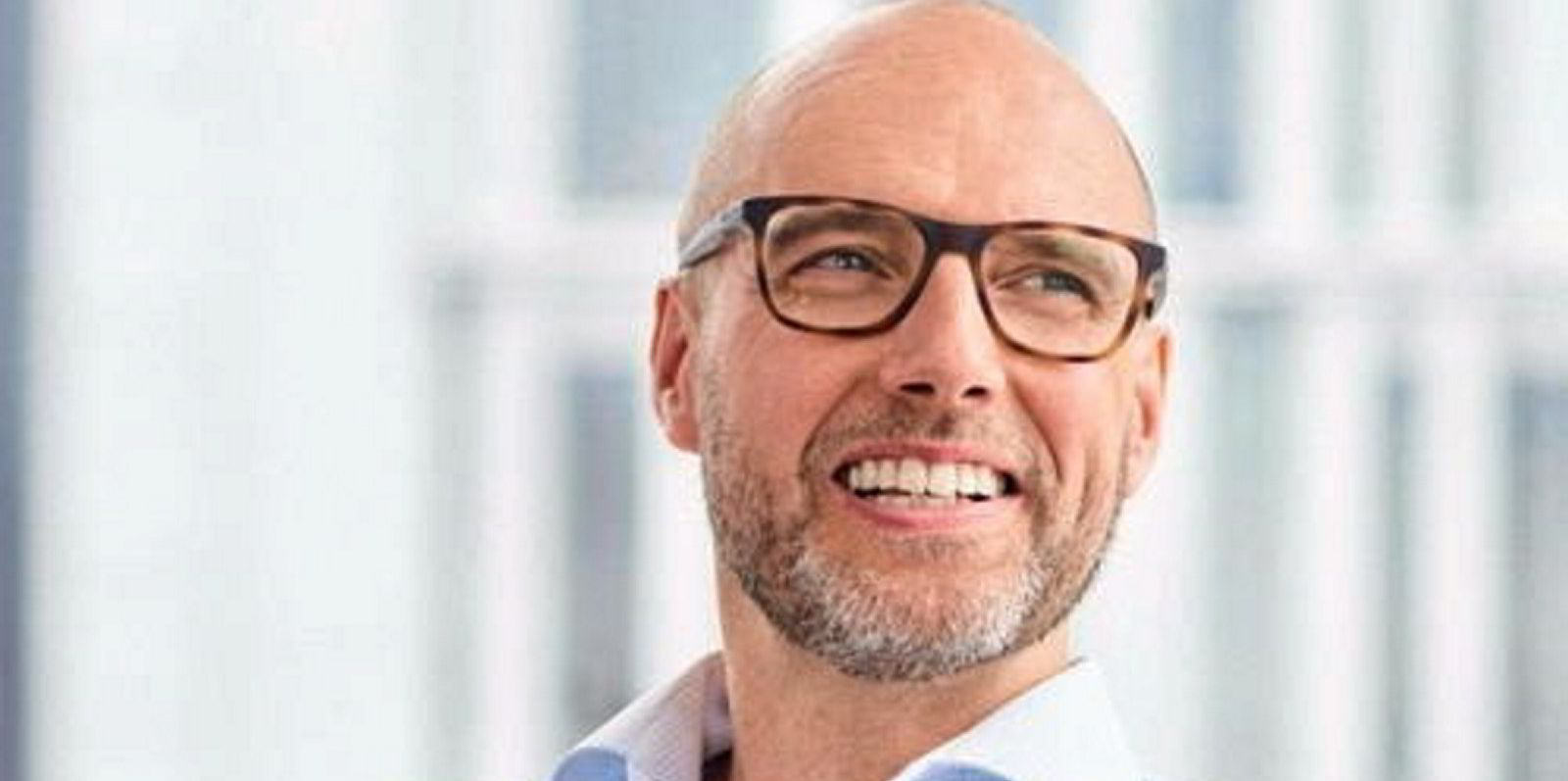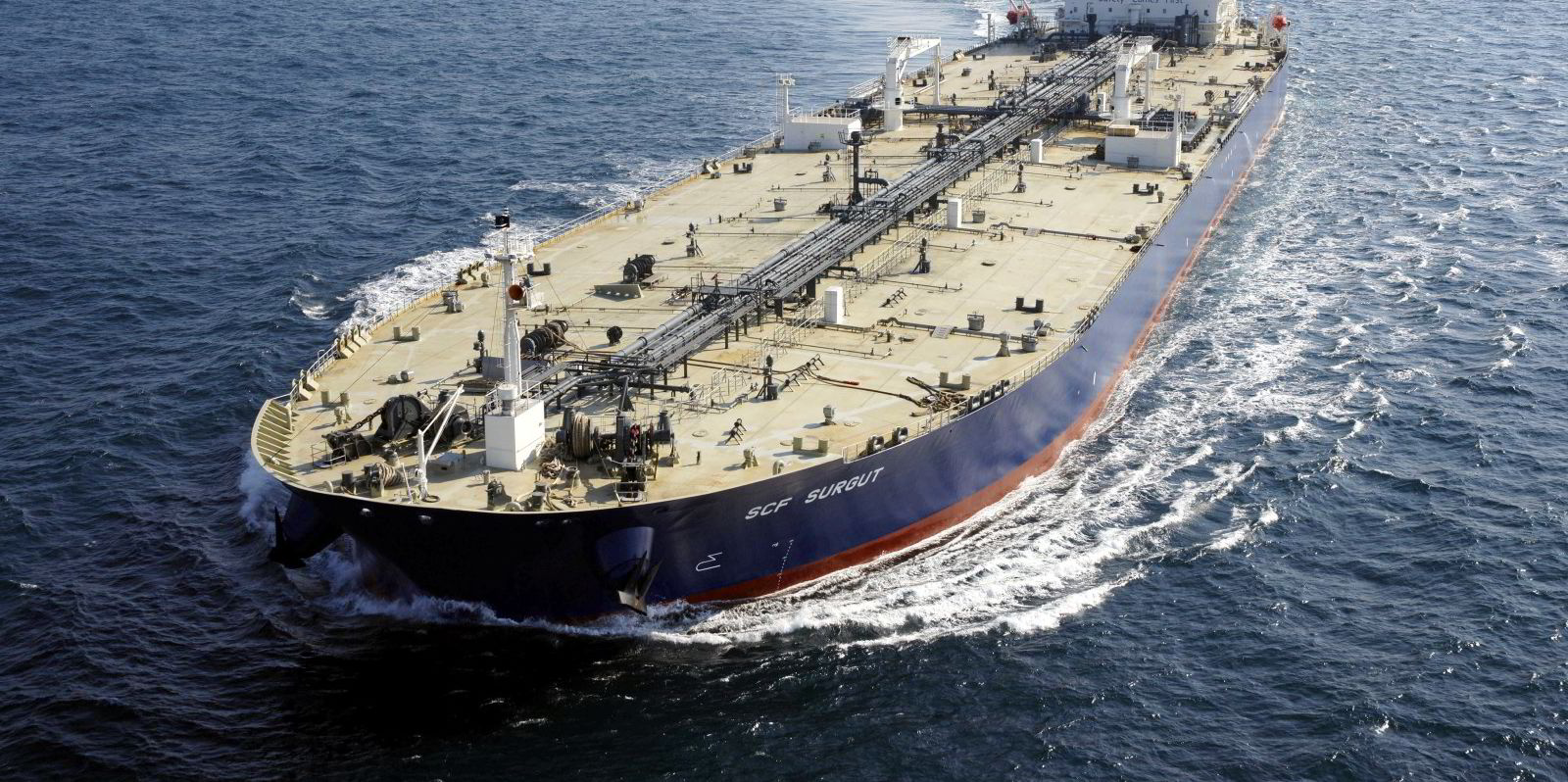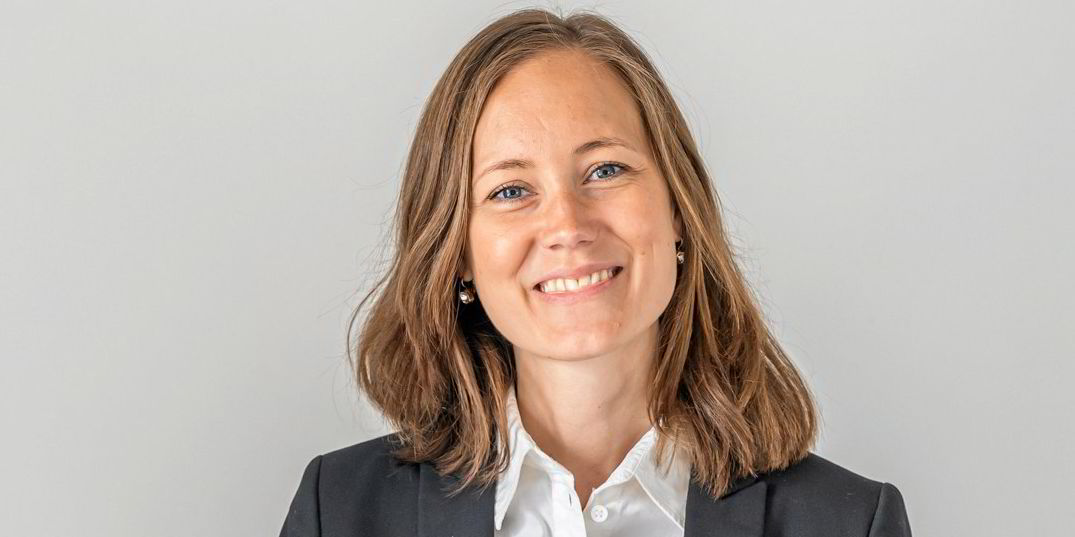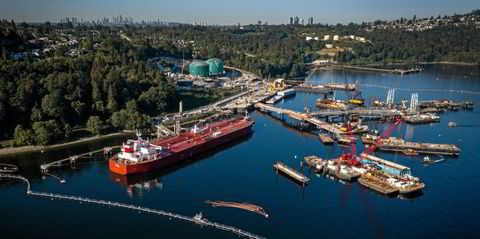The strong appetite for shipping bonds and falling risk premiums could be a problem in the long run.
That is the view of Tormod Vagenes, who manages NOK 37bn ($3.4bn) as the chief investment officer of Norwegian fund management company Holberg.
Credit spreads of shipping bonds in the Nordic market, the compensation investors get for buying a certain company’s notes, have fallen significantly in the past year.
“There are a lot of investors that want to buy shipping bonds so there is a natural demand for them. Then the credit risk premium will fall,” Vagenes said in an interview in Oslo on Monday.
The premiums are close to record low levels, according to DNB Markets.
“The demand for shipping credit drives the pricing of risk right now, not the underlying risk. It can be a problem long term in the credit market. Because we know that shipping is cyclical and will continue to be,” Vagenes said.
High-yield bond funds have experienced strong inflows, which must be invested in new holdings.
“The credit market is also cyclical just as the shipping market. If too many get too cheap money over a long period of time, the wrong people will get money and take too much risk. When we take exposure to such cycles we must get correct compensation,” Vagenes added.
Holberg Kreditt fund has reduced exposure to some shipping companies when they refinanced bonds this year.
“It was not because they are bad companies but solely because of the price,” Vagenes added.
The fund bought the new bonds issued by SFL Corp and Altera Shuttle Tankers but at the same time invested less than the holding in the old bond.
“We get much less paid now compared with a year ago. But we think there is still an OK risk-reward,” Vagenes said.
He sees limited risk in the John Fredriksen-backed sale-and-leaseback firm as it has high earnings visibility backed by charter contracts.
The fund also holds bonds from Euronav, Hoegh LNG, Ocean Yield and Seapeak.
Holberg Kreditt, which manages about NOK 7bn, has a focused portfolio with about 35 bonds.
“We want to hold the credits that we think are the best, both absolutely and relatively. All the time we hunt bonds with the best risk-reward,” Vagenes said.
That means saying no to some of the new shipping bond issues earlier this year.
“If there are new loans over four to five years, then there is enough time for a wider variety of cyclical development. We have been careful with buying for example a five-year bond with low risk premium and spot exposure,” he said.
Almost everyone in shipping gets a loan today but things could change long term, according to Vagenes.
“Shipping is a cyclical and capital intensive industry, which in periods have enormous investments and capital need.”
Holberg Kreditt has returned 2.4% this year.
“We don’t know whether it will be the macroeconomy that leads to weaker shipping demand or there is a new wave of newbuildings and overcapacity in different segments.”
“We don’t know what will be the next. But that both will happen in the next 10 to 15 years we’re pretty sure about,” he said.







